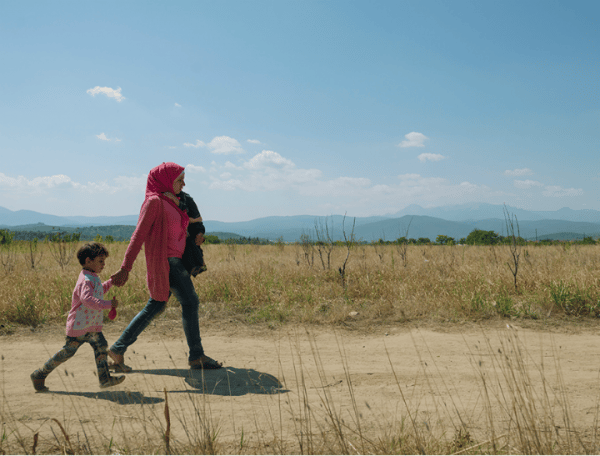
It’s easy to feel overwhelmed by the horrible scenes in Syria, neighbouring countries and in Europe right now. Sometimes children don’t have ways of understanding what they see, and can be particularly vulnerable to feelings of anxiety, stress and sadness.
But having an open, supportive discussion with your kids you can help them understand, cope and even make a positive contribution.
Here are seven important things to keep in mind.
1. Ask open questions and listen.
Start by asking your kids’ permission to talk about the issue. Follow their lead and if they don’t want to discuss it, don’t push the moment. Just make sure they understand that they can talk to you, their teacher and other trusted adults whenever they like.
Encourage your children to talk freely in a safe environment. Drawing, stories and other activities may help to open up a discussion.
Don’t minimise or avoid their concerns. Be sure to acknowledge their feelings and assure them it’s natural to feel sad or scared about these things. Demonstrate that you’re listening by making ongoing eye contact.
2. Be honest: explain the truth in a child-friendly way.
Children have a right to truthful information about what’s going on in the world but adults also have a responsibility to keep them safe from distress. Use age-appropriate language, watch their reactions and be sensitive to their level of anxiety.
If you can’t answer their questions, use it as an opportunity to explore the answers together. Websites of international relief organisations, like UNICEF, are great sources of information.





























































































